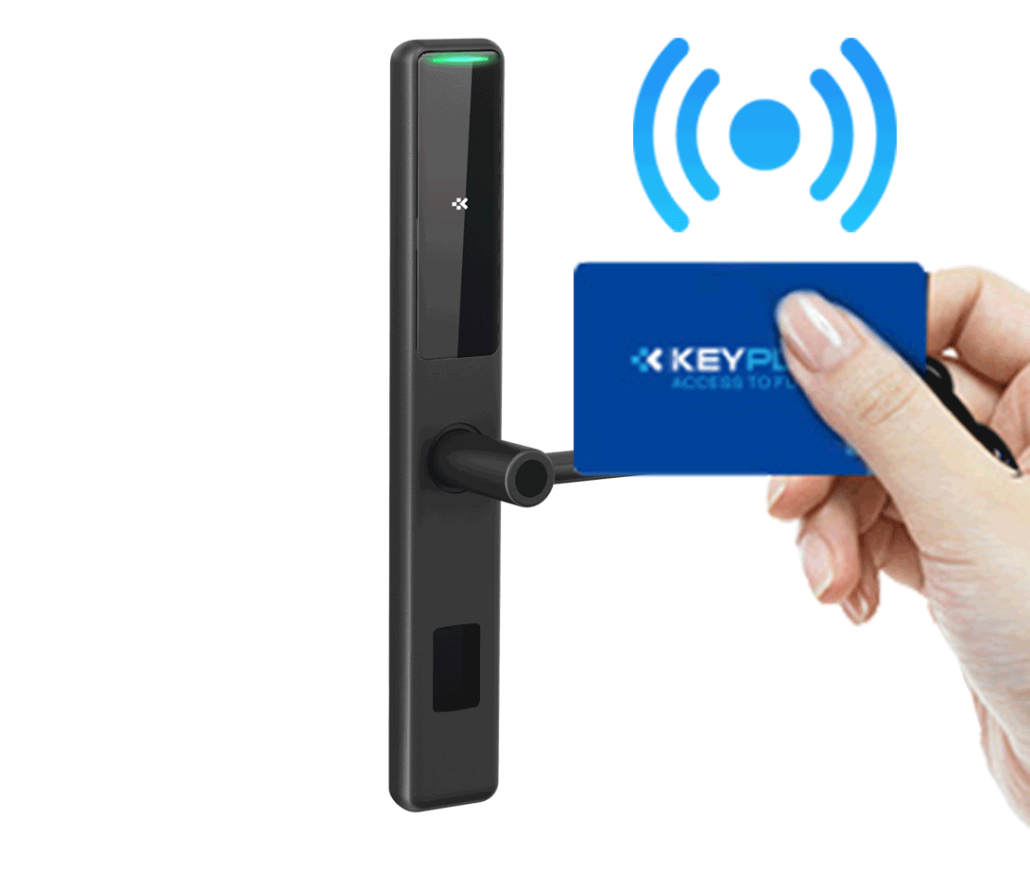What Are the Disadvantages of Digital Keys?
Digital keys are transforming how we access homes, cars, and hotel rooms—replacing traditional physical keys with smartphones, RFID cards, or biometric authentication. While they offer convenience and advanced security, they also come with potential drawbacks that users should consider.
From technical failures to privacy concerns, digital keys are not flawless. This article explores the key disadvantages of digital keys, helping you decide whether they’re the right choice for your needs.
1. Dependency on Technology (Battery & Connectivity Issues)
Smartphone Battery Drain
- Digital keys often rely on Bluetooth, NFC, or Wi-Fi, which consume battery life.
- If your phone dies, you could be locked out unless a backup method exists.
Connectivity Problems
- Bluetooth/Wi-Fi disruptions may prevent the key from working.
- Some systems require an internet connection (cloud-based keys), which can fail in remote areas.
Software Glitches & Bugs
- Apps may crash, freeze, or require updates at inconvenient times.
- Compatibility issues between devices (e.g., iPhone vs. Android) can cause access failures.
2. Security Risks (Hacking & Unauthorized Access)
Cybersecurity Threats
- Digital keys can be hacked, cloned, or intercepted if encryption is weak.
- Criminals use relay attacks (amplifying signals to trick car/hotel locks).
Lost or Stolen Phone Risks
- If someone steals your phone, they might gain access to your home, car, or hotel room.
- Unlike physical keys, digital keys may still work even after the phone is lost (until manually revoked).
Weak Authentication Methods
- Some digital keys use simple PINs or QR codes, which can be easily copied.
- Biometric systems (fingerprint/face ID) can sometimes be bypassed with photos or fake fingerprints.
3. Privacy Concerns (Data Collection & Tracking)
Personal Data Storage
- Hotels and smart lock companies store access logs, raising privacy questions.
- If hacked, this data could reveal when you’re away from home or traveling.
Third-Party Sharing Risks
- Some digital key providers sell anonymized data to advertisers.
- Government agencies could potentially request access logs without user consent.
4. Compatibility & Adoption Challenges
Not All Devices Work with Digital Keys
- Older smartphones may not support NFC or Bluetooth Low Energy (BLE).
Limited Use in Some Hotels & Rentals
- Many hotels still rely on traditional keycards due to cost.
- Airbnb hosts may prefer physical keys to avoid tech issues.
5. Emergency & Backup Access Problems
Power Outages & System Failures
- Electronic locks may stop working during power cuts unless battery-backed.
- Some digital keys require cloud servers, which can go offline unexpectedly.
No Physical Backup in Some Cases
- If the digital system fails, you might need to call locksmiths or support teams for access.
- Some smart locks offer mechanical key overrides, but not all do.
6. Cost & Maintenance Issues
Higher Upfront Costs
- Smart locks with digital keys are more expensive than traditional locks.
- Requires additional investments in hubs, apps, or subscription services.
Maintenance & Updates
- Firmware updates are needed to patch security flaws.
- If the manufacturer discontinues support, the system may become obsolete.
Comparison: Digital Keys vs. Physical Keys
| Disadvantage | Digital Keys | Physical Keys |
|---|---|---|
| Battery/Connectivity Issues | Yes (phone battery, Wi-Fi) | No |
| Risk of Hacking | Yes (cyber threats) | No (unless copied) |
| Privacy Concerns | Yes (data tracking) | No |
| Emergency Access | May fail without backup | Always works |
| Cost | Expensive (smart locks, apps) | Cheap |
How to Minimize the Risks of Digital Keys
Use Strong Authentication (e.g., biometrics + PIN).
Enable Remote Lock/Unlock (in case of lost phone).
Choose Reputable Brands.
Keep a Backup Key (mechanical or spare keycard).
Regularly Update Software (to prevent hacking).
Conclusion: Are Digital Keys Worth It?
Digital keys offer convenience and smart features, but they also come with security risks, privacy concerns, and technical limitations. While they’re great for tech-savvy users, those who prioritize reliability and simplicity may still prefer traditional keys.
Before switching to a digital key system, weigh the pros and cons carefully. If you proceed, choose a secure, well-supported system with backup access options.
Post time: May-20-2025


